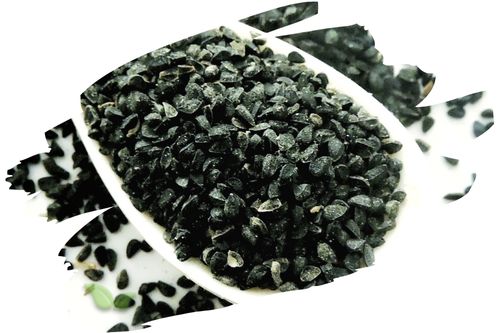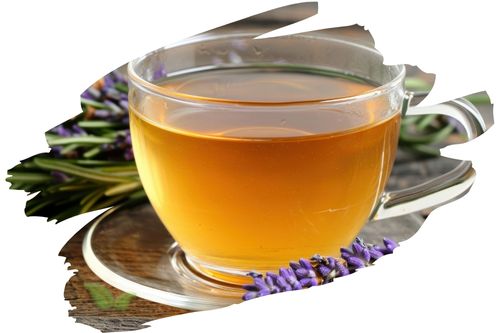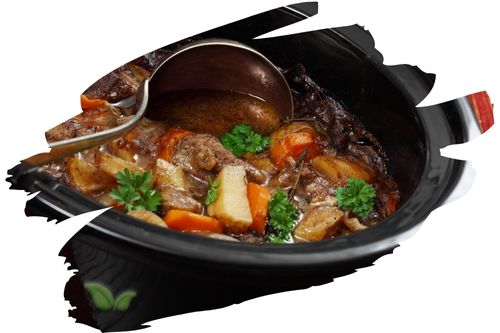
Introduction
Indian weddings are known for their vibrant traditions and rich symbolism. From elaborate ceremonies to intricate rituals, every aspect of an Indian wedding holds deeper cultural meaning. Among the many elements that contribute to the beauty of these weddings, cumin—a humble spice—plays a significant role. This article unveils the cultural significance of cumin in Indian weddings and how it is cherished as more than just a culinary ingredient.
Cumin's Role in Indian Cuisine and Culture
Flavorful Essence: Cumin (Cuminum cyminum) is a staple spice in Indian cuisine, contributing its distinctive warm and earthy flavor to a variety of dishes. From aromatic curries to savory rice preparations, cumin's presence is felt across the culinary landscape.
Aromatic Blessings: In Indian culture, spices are often regarded as blessings from the earth. Cumin's strong aroma and flavor are believed to symbolize the warmth, love, and well-wishes that family and friends shower upon the newlyweds.
Cumin in Wedding Rituals
Haldi Ceremony:
One of the pre-wedding rituals, the "Haldi" ceremony involves applying a paste made from turmeric, oil, and cumin to the bride and groom's skin. This mixture, known as "Ubtan," not only enhances the couple's complexion but is also believed to bless them with cumin's aromatic essence, signifying a life filled with happiness and prosperity.
Auspicious Offerings:
During various wedding rituals, cumin seeds are used as offerings to the sacred fire. As the fragrant seeds release their aroma, it is believed that they carry the prayers and well-wishes of the attendees to the divine, seeking blessings for the couple's future journey together.
Unity in Marriage:
In some Indian cultures, cumin seeds play a symbolic role in fostering unity between the bride and groom. During the wedding ceremony, the couple exchanges garlands known as "varmala." Hidden within these garlands are cumin seeds, which are meant to remind the couple of their shared journey and the importance of harmony in their marriage.
Cumin's Message of Togetherness
Cumin's role in Indian weddings goes beyond its culinary uses—it serves as a poignant reminder of the importance of unity, love, and shared experiences. As the seeds are used in various rituals and ceremonies, they convey a message of togetherness, not only between the couple but also among their families and communities.
FAQs
Is cumin used in all Indian weddings?
Cumin's use in weddings can vary based on regional customs and traditions. While it holds significance in many Indian cultures, specific rituals and its level of importance may differ.
What other spices are important in Indian weddings?
Turmeric, saffron, and cardamom are other spices that hold cultural significance in Indian weddings. Each spice symbolizes different blessings and attributes.
Are these rituals specific to certain regions of India?
Yes, wedding rituals and customs can vary widely across India's diverse regions and communities. The use of cumin may have variations in its significance and role based on local traditions.
Conclusion
Cumin's inclusion in Indian weddings is a testament to the intricate web of traditions that make these celebrations truly special. Beyond its culinary allure, cumin carries a powerful message of unity, blessings, and shared experiences. As couples embark on their journey of matrimony, cumin's aromatic essence becomes a metaphorical thread that ties them to their cultural heritage and the well-wishes of their loved ones.
Alert: While spices can have many beneficial properties for health, using them for medical purposes should be done under the guidance and supervision of a healthcare professional or specialist. Some spices may interact with medications or cause adverse reactions in certain individuals, and it is important to use them safely and appropriately. If you are considering using spices for a medical condition, it is important to consult with a healthcare professional before doing so.




















































